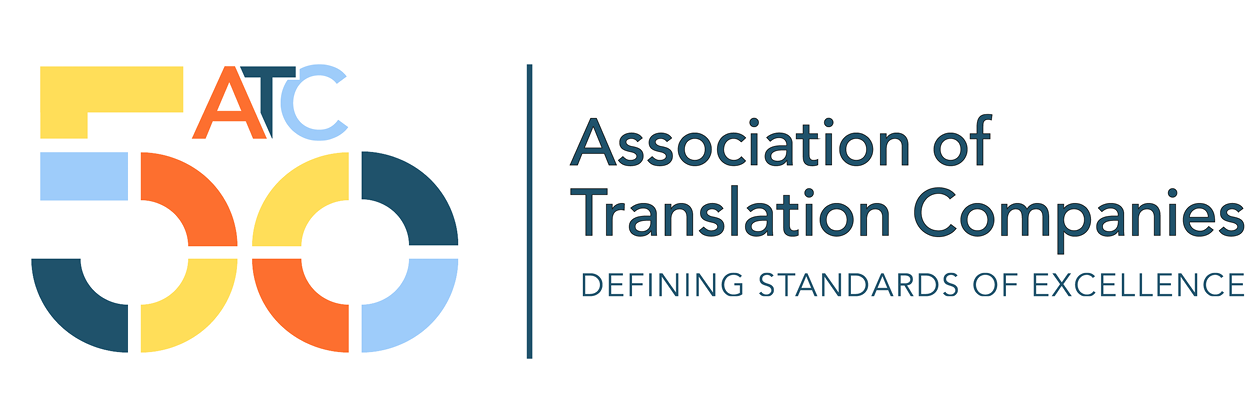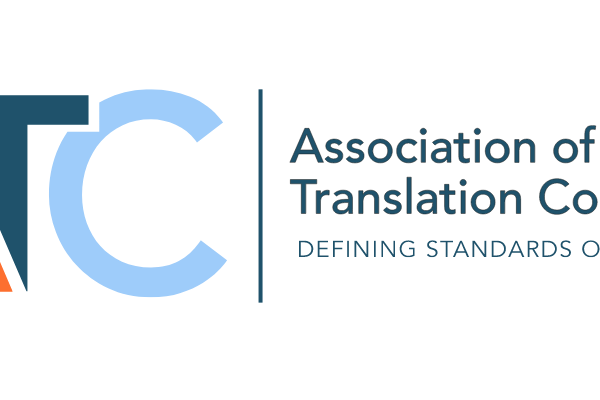To celebrate the ATC's 50th anniversary as trade association and community of language service companies,…
With the announcement by the UK government that EU freedom of movement rules will end immediately if there is a no-deal Brexit on 31 October, the Association of Translation Companies (ATC) is letting the public know how to obtain certified translations of official documents if they need to obtain passports from their EU country of origin.
A number of enquiries to the ATC has highlighted the urgent move by many UK-based citizens to speed up their Settled Status applications, alongside securing or renewing their EU country of origin passports.
For many EU citizens living in the UK, their children have been born in the UK and never needed to apply for a passport from their own country of origin because of the UK’s own membership of the EU. To obtain a first passport, original documents are required, which may be required to be translated into the language of the country of application. Translations need to be formally certified to attest that they are a true and legal representation of the original legal document.
Raisa McNab, CEO at the ATC commented, “People seeking either to secure Settled Status or passports for their country of origin are finding they need certified translations of their original documents. At a time of great personal stress, not knowing how to secure these items can add to the concern caused. Trusting the right person to do the translation can also be a minefield because it can be hard to know how to choose who should do the work for you and where to start.
“Members of the Association of Translation Companies go through rigorous checks to join our association and because of this, are eligible to provide certified translations with an official stamp, recognised by the Home Office and other official bodies. Members of the public can select one of our members in good faith to secure a prompt service and a certified translation that will help their application process.”
The Association of Translation Companies (ATC), was founded in 1976 by leading translation companies to create recognition and trust among stakeholders by promoting and regulating quality driven language industry standards and best practice. There is a full list of members on the ATC website, with a comprehensive guide to buying translation services also available.
ENDS
To speak with Raisa McNab, CEO Association of Translation Companies, please contact Jason Simms 01787 221027/07753 433007 or pr@atc.org.uk
Raisa McNab, CEO ATC
Raisa McNab was appointed as the ATC’s first CEO in October 2018. She has a decade and a half at the coal face of the language services industry at a busy language service provider (LSP) as a production, quality and development manager. This has given her a deep understanding and clear insight into the translation industry and the challenges it faces in a changing global landscape. Raisa holds an MA in Translation & Interpreting from her native Finland.
The Association of Translation Companies
Representing the interests of translation companies for more than 40 years
As the language sector’s leading professional body, ATC prides itself on a forward-thinking stance dedicated to maintaining the highest possible industry standards while supporting its members to thrive and grow in the competitive global economy.
From its beginnings as a small group of leading British translation companies in 1976, the ATC has grown to a membership of more than 150, expanding its horizons to become a worldwide association at the vanguard of the industry. The Association’s activities are guided by its council and elected officers and its stated objectives.
ATC is also a founding member of the European Union of Association of Translation Companies – a pan European grouping of translation company associations.
One of the oldest translation associations in the world, ATC has been involved in significant changes in the sector and continues to provide leading advice and support including working with legislators about matters affecting the industry.
It has been at the forefront of the development of the worldwide ISO standard, for the provision of language services, and actively promotes ISO standard adoption throughout the profession.


